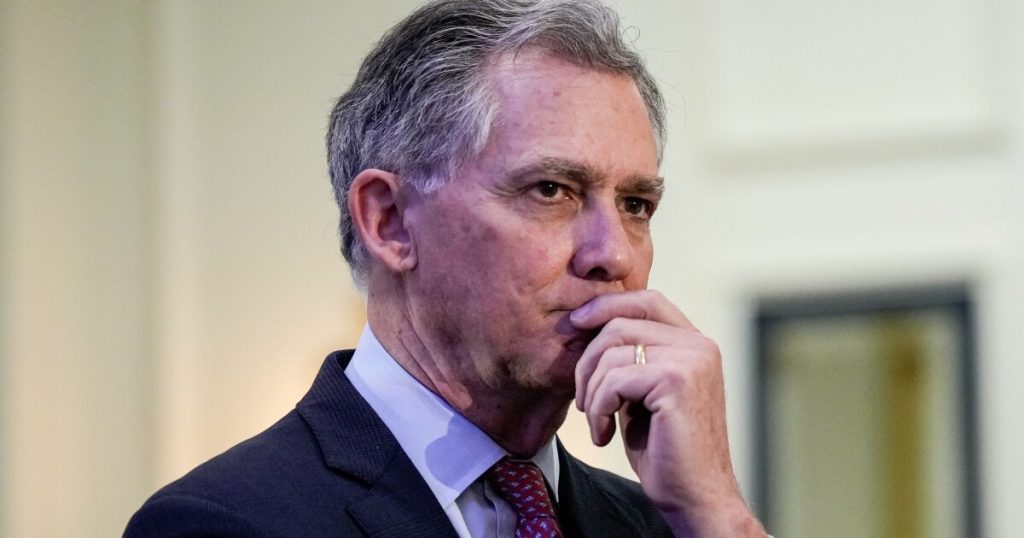Bloomberg News
WASHINGTON — Chairman French Hill, R-Ark., who leads the House Financial Services Committee, said that he wants both the stablecoin bill and market structure bill to President Donald Trump’s desk by before Congress’ August recess.
“For me, in the short run, I want to honor the
What version of that legislation he wants to make to Trump’s desk is still up in the air. The Senate
Trump has singled this bill out in particular as a priority. Last week, Trump called on House Republicans to move “LIGHTNING FAST” to pass the GENIUS Act cleanly, without changes.
Hill, however, did not commit to letting that version of the bill on the House floor. In response to several questions from reporters, Hill declined to say that he would be open to passing GENIUS cleanly, instead highlighting several issues that he had with the legislation that he said lawmakers could work to “reconcile.”
Specifically, Hill, a former banker, said that he would make changes around the separation of banking and commerce in the Senate version of the legislation. In response to a question from American Banker, he said that the Senate version of the bill has some exceptions for private companies from requirements put on big, private tech companies.
In Hill’s
“We also have in CLARITY, some language about what’s a financial activity, which I think also clears this up as well,” he said. “That’s another reason why both bills are important together, but we’ll find a landing spot on that topic.”
Hill also called out the dual banking system and the need for a viable state pathway as a priority for the two chambers to reconcile before passing a final version. A group that represents state banking regulators has complained that the GENIUS Act allows a niche group of noninsured, state chartered depository institutions to
“A federal and state pathway is an important component,” Hill said. “We have a dual banking system, and former Chairman [Patrick] McHenry [R-N.C.] and ranking member Maxine Waters [D-Calif.], as well as the senators, have recognized that we need to have a state and federal pathway that can coexist.”

